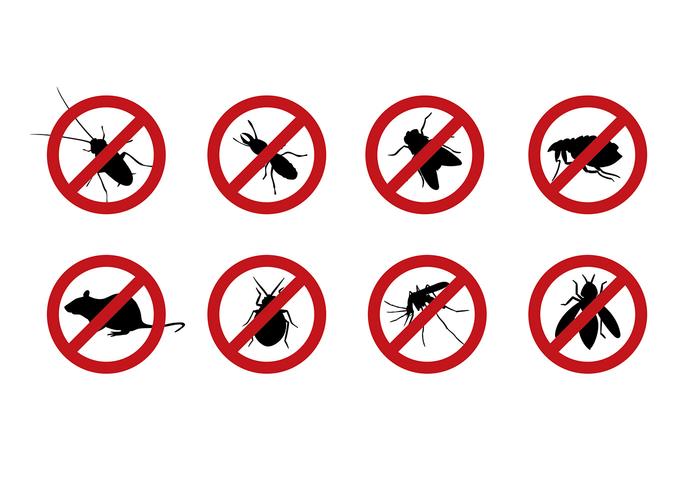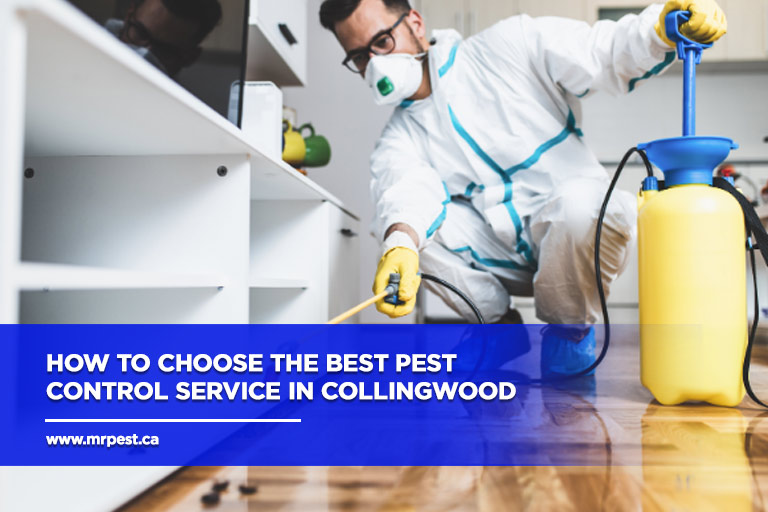Safe and Reliable Bug Control for Lasting Protection
The relevance of reputable and secure pest control can not be overstated, specifically in an era where ecological problems are critical. Efficient parasite management needs a multifaceted method that stabilizes eco-friendly honesty with the requirement for efficient parasite reductions. By checking out environment-friendly services and incorporated parasite management techniques, homeowners can achieve lasting security against invasive species while guarding useful ecosystems. Nonetheless, the subtleties of these techniques may not be instantly clear, motivating a better examination of the techniques that can lead to sustainable parasite control outcomes. What actions can be taken to ensure both safety and efficiency in parasite monitoring?
Comprehending Pest Control Approaches
Bug control incorporates a variety of techniques targeted at handling and removing undesirable bugs and rodents that can endanger both health and building. Recognizing these approaches is vital for reliable insect management.
The main classifications of pest control approaches include mechanical, organic, and chemical methods. Mechanical approaches entail physical obstacles and traps to stop bug entry and capture undesirable types. Making use of screens on windows or using sticky traps can substantially reduce insect populaces without presenting dangerous materials - exterminator coquitlam.

Chemical pest control is usually one of the most identified technique, using pesticides to eliminate pests. These chemicals can be effective however have to be used with caution to prevent unfavorable results on non-target species and the environment.
Benefits of Eco-Friendly Solutions
Just how can environment-friendly solutions change pest control methods? The adoption of environment-friendly pest control approaches offers many benefits, significantly boosting the performance and security of insect monitoring.

Another benefit is the favorable influence on local biodiversity. Environment-friendly remedies are made to target specific insects while protecting valuable pests and wild animals, advertising a well balanced ecosystem. This method aligns with the growing consumer demand for lasting techniques, boosting the online reputation of bug control companies.
Integrated Bug Administration Methods
The application of environment-friendly options naturally leads to the adoption of Integrated Pest Monitoring (IPM) approaches, which better boost bug control efficiency. IPM is a holistic strategy that incorporates several strategies to manage parasite populations while minimizing ecological effect. This technique emphasizes using organic, cultural, mechanical, and chemical controls, making sure a lasting and balanced method of parasite administration.
One basic facet of IPM is the complete evaluation of pest task and environmental problems. By monitoring pest populaces and identifying their life process, specialists can apply targeted treatments that disrupt the bug's habitat or lifecycle, lowering reliance on chemical pesticides. Additionally, cultural techniques such as crop turning and habitat control can significantly diminish insect establishment and recreation.
One more crucial component is using organic control representatives, such as valuable bugs or microbes, which can normally subdue parasite populaces. When chemical applications are essential, IPM prioritizes making use of low-risk pesticides and uses them uniquely, lessening exposure to non-target organisms and human beings.
Incorporating IPM methods not just boosts insect control performance but also advertises a more secure community, lining up with the expanding demand for sustainable methods in parasite management.
Safe Practices for Property Owners
Comprehending the significance of secure techniques in pest control can equip house owners to local exterminators near me effectively manage insect problems while protecting their health and wellness and the atmosphere. Applying preventive steps and safe approaches is crucial in minimizing direct exposure to unsafe chemicals.
Property owners ought to first analyze their setting for problems that draw in insects, such as standing water, food, and mess waste. On a regular basis cleaning and securing entrance points can deter parasites from getting into the home. Utilizing all-natural deterrents, such as necessary oils or diatomaceous earth, can go right here provide reliable alternatives to chemical pesticides.
When chemical therapies are needed, home owners need to select products that are especially labeled as secure for domestic usage. It is important to follow application guidelines diligently to prevent overexposure. Using targeted therapies in areas where bugs are identified, rather than covering spraying, can substantially decrease chemical usage.
Lastly, maintaining open interaction with insect control specialists is vital. Homeowners ought to make inquiries about the security of items made use of and request green choices whenever feasible. By adopting these risk-free techniques, homeowners can create a healthier living atmosphere while properly taking care of bug concerns.

Tips for Long-Term Protection
Establishing a bug monitoring strategy that emphasizes long-term protection can significantly boost the performance of the secure practices previously discussed. To achieve this, homeowners ought to carry out normal examinations of their property, focusing on concealed locations such as attic rooms, cellars, and crawl areas. Early discovery of bug activity is vital in stopping invasions from taking hold.
These methods decrease attractants that attract bugs into the home. Securing entry factors, such as splits around doors and home windows, can efficiently obstruct prospective pest accessibility.
Landscaping needs to also be thought about; keeping plants trimmed and maintaining a distance between plant life and the home lessens concealing areas for pests. Using all-natural deterrents, such as necessary oils or diatomaceous earth, can additionally dissuade problems without turning to rough chemicals.
Finally, teaming up with a professional parasite control service for regular analyses can provide an additional layer of protection. These experts can use customized reliable pest control recommendations and progressed treatments, making sure that your home continues to be safeguarded versus parasites in the long term.
Final Thought
Finally, secure and trusted parasite control requires a multifaceted technique that stresses environmentally friendly techniques and incorporated parasite management. By executing natural deterrents, carrying out routine assessments, and keeping correct hygiene, home owners can substantially lower parasite populaces while shielding beneficial insects and the atmosphere. Partnership with expert bug control services improves the effectiveness of these techniques, guaranteeing tailored services that offer long lasting security and comfort against future problems.
Reliable bug administration needs a complex technique that balances ecological integrity with the demand for efficient insect suppression. The adoption of environmentally friendly insect control methods supplies many benefits, significantly boosting the efficiency and safety and security of parasite administration.The implementation of eco-friendly options naturally leads to the fostering of Integrated Bug Management (IPM) techniques, which further boost insect control efficacy. exterminator coquitlam. By checking insect populations and determining their life cycles, specialists can implement targeted treatments that interfere with the parasite's habitat or lifecycle, minimizing dependence on chemical pesticides.In verdict, risk-free and trusted parasite control requires a complex method that stresses green techniques and integrated insect monitoring